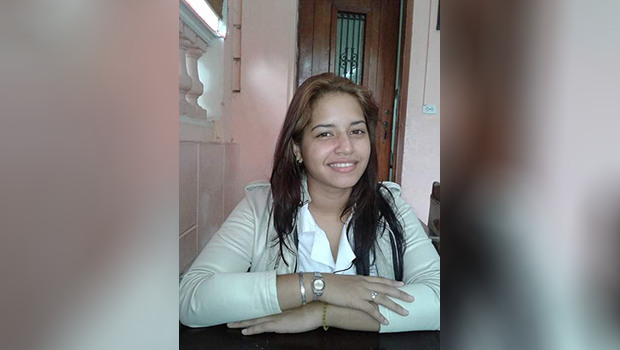“Don’t let us die,” plead the women in a story on CBS News that profiles several people including Arlet Victoria Remón Pérez, 23, who emigrated from Cuba with her girlfriend. A former medical student, Remón-Perez says women in detention are not properly protected from COVID-19 and are afraid. “We’re scared because we know we can die inside here,” Remón Pérez told reporter Camilo Montoya-Galvez. “The situation does not bode well for us. We don’t have a way to protect ourselves.”
Close quarters and lack of supplies create a contagion nightmare, say members of the Congressional Hispanic Caucus and over a dozen organizations that have called for the responsible release of detainees. According to an article on nbcnews.com by Ali Gostanian, “… 3,000 medical professionals sent an open letter to ICE urging the release of detainees.” If detainees become sick, ICE would transfer them to local hospitals, but many facilities are in rural areas already over-run with COVID-19 cases, according to the story.
“Doctors and nurses at both the small and larger hospitals said that a severe outbreak at even one detention center could overwhelm their ability to respond. One of the four centers, for example, is LaSalle ICE Processing Center in Jena, Louisiana – among the nation’s largest with a daily average of about 1,200 detainees. The nearest larger hospitals are about 40 miles away in Alexandria,” according to a story in Reuters by Kristina Cooke, Mica Rosenberg and Ryan McNeill
The dangers of COVID-19 in detention facilities has been called out by many, including the American Civil Liberties Union. “We know that as our medical experts have said, it’s not a question of if, but when COVID actually reaches the facility. And the danger is what happens once a COVID is inside of the facility. I think we all can see the danger that would happen in that case — people are in congregate environments in these detention centers,” Eunice Cho, senior staff attorney at the told The Hill reporter Rafael Bernal.
“Too many trans people, LGBTQ people and vulnerable immigrants are in ICE custody and scared that cramped conditions and lack of supplies will mean they get very sick and possibly not survive,” said Monica Trasandes, GLAAD’s Director of Spanish-Language and Latinx Media. “It’s important to remember that most folks in detention are only there because they came to the U.S. seeking asylum or to work, and do not have documentation to stay. In many cases, they came to save their lives or their kids’ lives, to work hard and make a new life in our country. They deserve to be protected from this deadly virus.”













